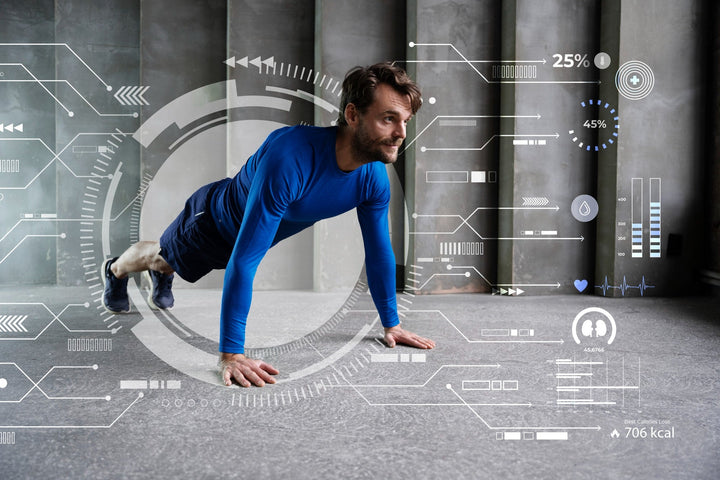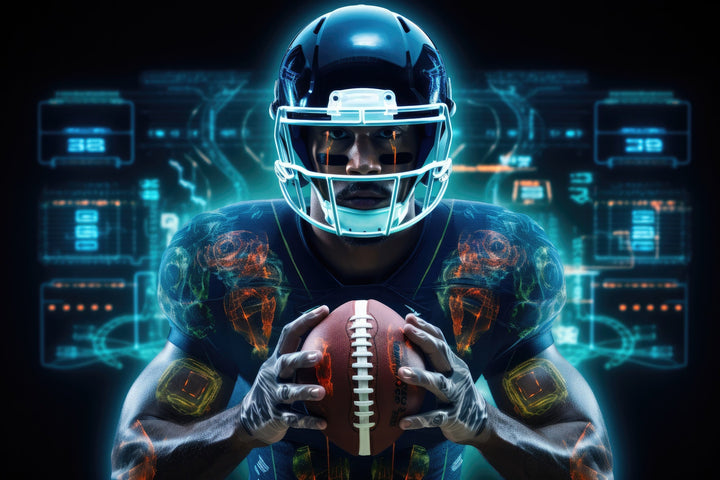A Paradigm Shift in Predictive Analytics
Traditionally, sports betting has relied on historical performance data, team statistics, and expert insights to make informed bets. New technologies have introduced player fitness levels and health metrics, collectively known as biometric data, as valuable data for the successful Sports Bettor to analyze.
Biometric data includes physiological and health-related metrics that can provide insights into an athlete's condition and performance capabilities. This data includes heart rate, sleep patterns, body composition, and recovery rates. The collection of such data has become possible with the advent of wearable technology like Apple Watches and other smart sports equipment, making real time monitoring and analysis of players possible as the game goes on.
As technology continues to evolve the synergies between biometric data, predictive analytics, and machine learning will create unprecedented tools for teams and Sports Bettors alike to make informed and strategic decisions.
Player Fitness Levels
One of the main benefits of tracking biometric data in sports betting analysis is that it allows for a better assessment of player fitness levels. In the past Sports Bettors would assess a player’s form and fitness were based news reports, visible cues and historical performance.
The emergence of biometric data allows for a more detailed and objective analysis of an athlete's physical condition. Factors such as heart rate variability, oxygen saturation, and muscle fatigue can be measured, providing a comprehensive understanding of a player's game readiness.
Real-time Monitoring and Performance Optimization
Biometric data collected in real time creates unprecedented possibilities for sports betting analysis. Teams and analysts can track athlete performance during training sessions and actual games, allowing for quick time, adjustments to strategies and predictions.
Health Metrics and Injury Prediction
Preventing injuries before they occur is equally important to managing injuries that do occur. Biometric data can play an important role, monitoring stress levels on the body and tracking movement patterns can allow analysts to predict an athlete's susceptibility to injuries. The successful sports bettors will use this information to make informed decisions on particular player performance throughout the season.
Data Integration and Machine Learning
As biometric data becomes more prevalent in sports, challenges and opportunities come from the volume of information generated. Integrating biometric data with machine learning algorithms allows analysis and extraction of insights that that might elude traditional analysis methods. Predictive models can be created, resulting in more accurate and nuanced predictions.
Ethical Considerations and Data Privacy
Biometric data integration in sports betting analysis holds immense potential but also comes with ethical considerations regarding data privacy and consent. Athletes may take issue with the extensive monitoring of their physiological metrics, and regulatory frameworks must evolve to safeguard their rights.
Elevate Your Sports Betting Game
Our track record speaks volumes. We’ve consistently provided winning picks across a variety of sports. Whether you become a member for a week or a lifetime, we encourage you to join us, get your daily picks.










 Instagram
Instagram  Telegram
Telegram  Twitter
Twitter